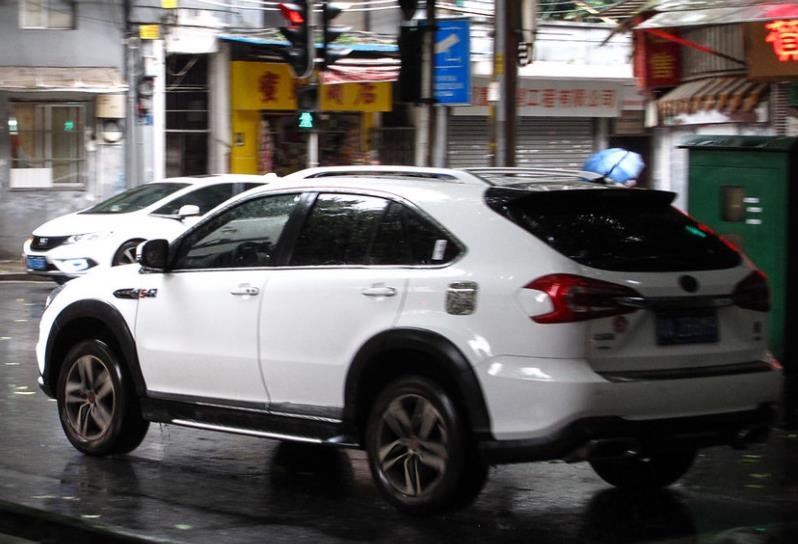Chinese electric vehicle (EV) companies are rapidly expanding their market share in Southeast Asia, challenging the long-standing dominance of Japanese automakers like Toyota and Mitsubishi. This shift is driven by strategic partnerships, affordable pricing, and innovative technology, positioning Chinese EVs as formidable competitors in the region.
Chinese EV companies have capitalized on the delay in electrification by Japanese automakers, establishing partnerships with key local dealers and institutions in Southeast Asia. By introducing affordable EV models, they have successfully appealed to the region’s consumers. For instance, in Thailand, Chinese EVs are priced below $30,000, making them significantly cheaper than Tesla and BMW models.

The success of Chinese EVs in Southeast Asia is a testament to their strategic approach and ability to adapt to market conditions. By offering competitive products at lower prices, they have managed to carve out a significant share of the market. In Thailand, Chinese EV brands held a remarkable 76% market share, while in Malaysia, they captured 44% of the market.
Technological Innovation and Cost Efficiency
Chinese EV companies have gained a competitive edge through vertical integration, process innovation, and localizing supply chains. This strategy has allowed them to reduce logistics costs and offer EVs at significantly lower prices compared to their competitors. In Indonesia, Chinese EVs are about three times cheaper than their counterparts, catering to the income levels of Southeast Asian consumers.
The rise of Chinese EVs in Southeast Asia is also driven by their technological prowess. Companies like BYD and Neta Auto have leveraged their strengths in technology and innovation to produce high-quality EVs that meet the demands of the region’s consumers. BYD, for example, has announced plans to expand its product line-up in Southeast Asia and is building its first overseas manufacturing plant in Thailand.
Impact on Japanese Automakers
The dominance of Chinese EVs in Southeast Asia has raised concerns among Japanese automakers. Traditionally, Japanese brands held over 90% of the market share in the region. However, their delay in transitioning to electric vehicles has created an opportunity for Chinese companies to enter and capture significant market share.
Japanese automakers are now facing increased competition and pressure to accelerate their electrification efforts. The success of Chinese EVs in Southeast Asia serves as a wake-up call for Japanese brands to innovate and adapt to the changing market dynamics. As Chinese EV companies continue to expand their presence, the competition in the Southeast Asian market is expected to intensify.
















